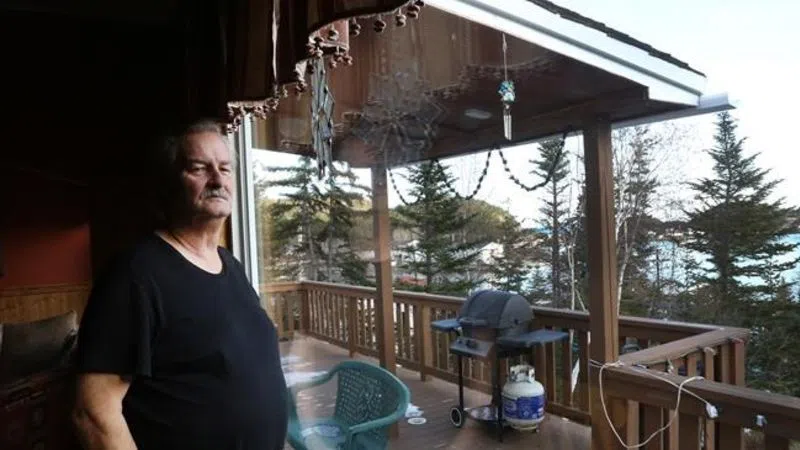
Little Bay Islanders say goodbye as N.L. town resettles, but some eye return
LITTLE BAY ISLANDS, N.L. — On a clear Friday morning in mid-November, the MV Hazel McIsaac is packed with a gaggle of chatting passengers. U-Hauls and pick-up trucks are parked on the ferry’s bottom deck, waiting to make the crossing to Little Bay Islands. Ten years after talk of relocation first started in the Newfoundland island community, it’s finally about to happen.
Street lights will go out, the daily ferry will stop running and other services will be cut off as of Jan. 1, less than a year after the town’s 55 permanent residents voted to accept money from the provincial government to shut down the town.
The ferry is running full out in the last few weeks, carting Little Bay Islanders back and forth. Some are preparing to move, while others who left years ago are coming home to say goodbye. First-time guests have also been rolling through the town, seizing their last chance to tour the once-bustling community on Notre Dame Bay on the island’s northeastern coast.
Maurice Levor calls them “lookers.”
